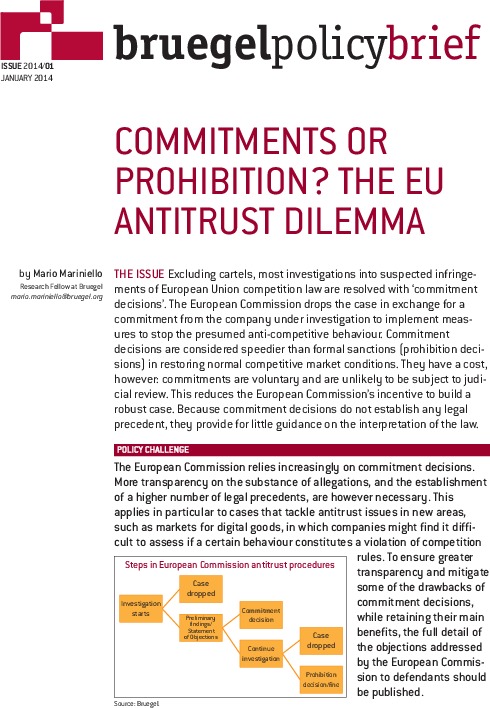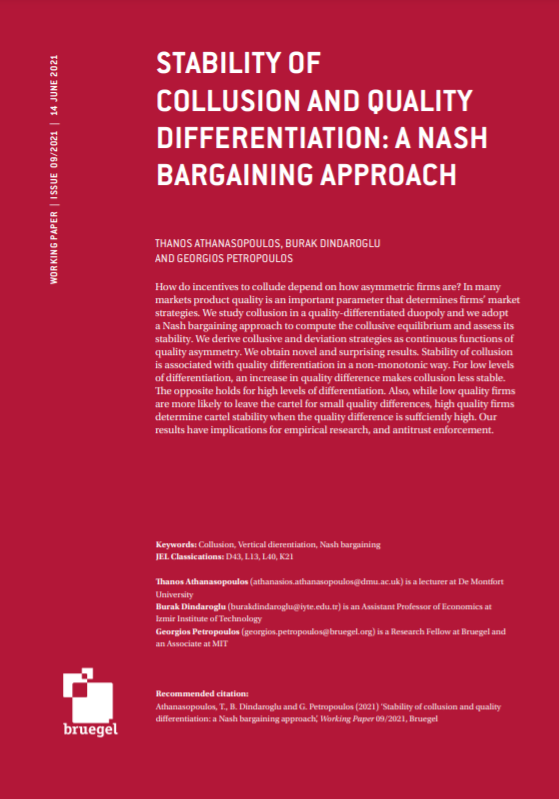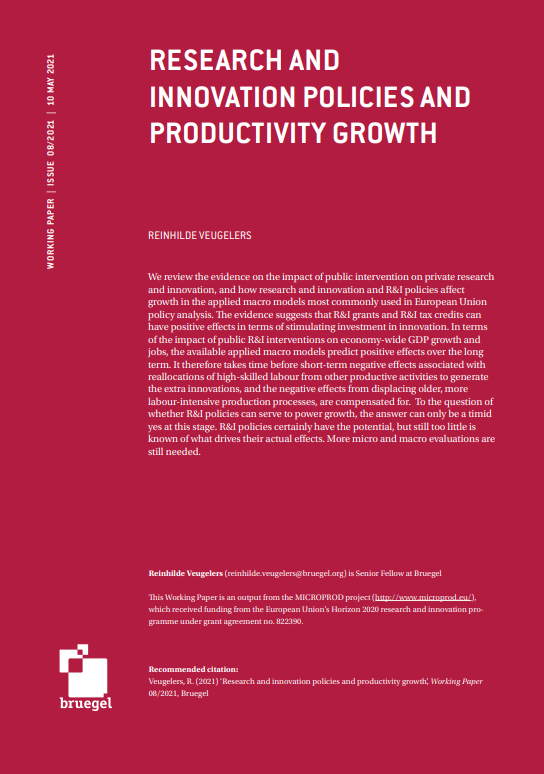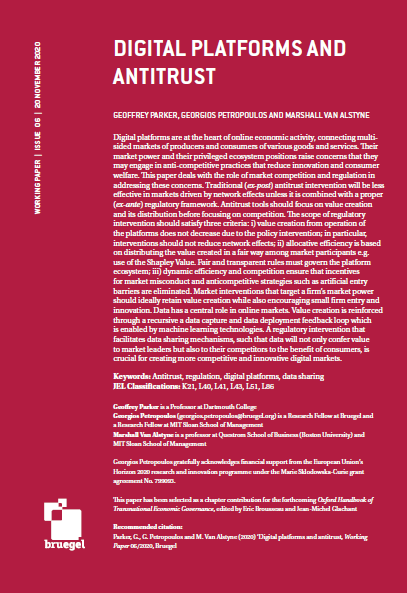Policy Brief
Commitments or prohibition? The EU antitrust dilemma
Commitments have a cost: commitments are voluntary and are unlikely to be subject to judicial review. This reduces the European Commission’s incentive to build a robust case. Because commitment decisions do not establish any legal precedent, they provide for little guidance on the interpretation of the law.
The issue: Excluding cartels, most investigations into suspected infringements of European Union competition law are resolved with ‘commitment decisions’. The European Commission drops the case in exchange for a commitment from the company under investigation to implement measures to stop the presumed anti-competitive behaviour. Commitment decisions are considered speedier than formal sanctions (prohibition decisions) in restoring normal competitive market conditions. They have a cost, however: commitments are voluntary and are unlikely to be subject to judicial review. This reduces the European Commission’s incentive to build a robust case. Because commitment decisions do not establish any legal precedent, they provide for little guidance on the interpretation of the law.
Policy challenge: The European Commission relies increasingly on commitment decisions. More transparency on the substance of allegations, and the establishment of a higher number of legal precedents, are however necessary. This applies in particular to cases that tackle antitrust issues in new areas, such as markets for digital goods, in which companies might find it difficult to assess if a certain behaviour constitutes a violation of competition rules. To ensure greater transparency and mitigate some of the drawbacks of commitment decisions, while retaining their main benefits, the full detail of the objections addressed by the European Commission to defendants should be published.











